Is Australia supporting atrocities in West Papua?
A wee lil' fact check style analysis of The Juice Media's 2018 video Honest Government Ad: Visit West Papua. Not that I don't love TJM's videos (that would be un-Australien!). Just that a number of the claims in that particular piece took me by surprise.
Nobody (except Indonesia!) is disputing that an awful lot of bad stuff has happened in Indonesian Papua over the last half-century or so, and that the vast majority of the blood is on the Indonesian government's hands. However, is it true that the Australian government is not only silent on, but also complicit in, said bad stuff?
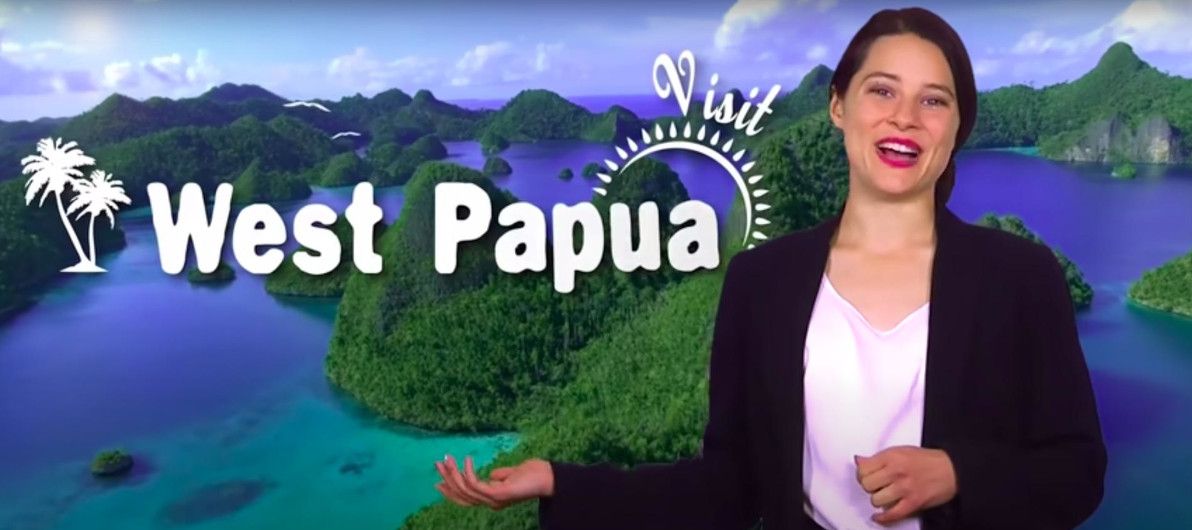
Image source: YouTube
Note: in keeping with what appears to be the standard in English-language media, for the rest of this article I'll be referring to the whole western half of the island of New Guinea – that is, to both of the present-day Indonesian provinces of Papua and West Papua – collectively as "West Papua".
Grasberg mine
Let's start with one of the video's least controversial claims – one that's about a simple objective fact, and one that has nothing to do with Australia:
[Grasberg mine] … the biggest copper and gold mine in the world
Close enough
I had never heard of the Grasberg mine before. Just like I had never heard much in general about West Papua before – even though it's only about 200km from (the near-uninhabited northern tip of) Australia. Which I guess is due to the scant media coverage afforded to what has become a forgotten region.
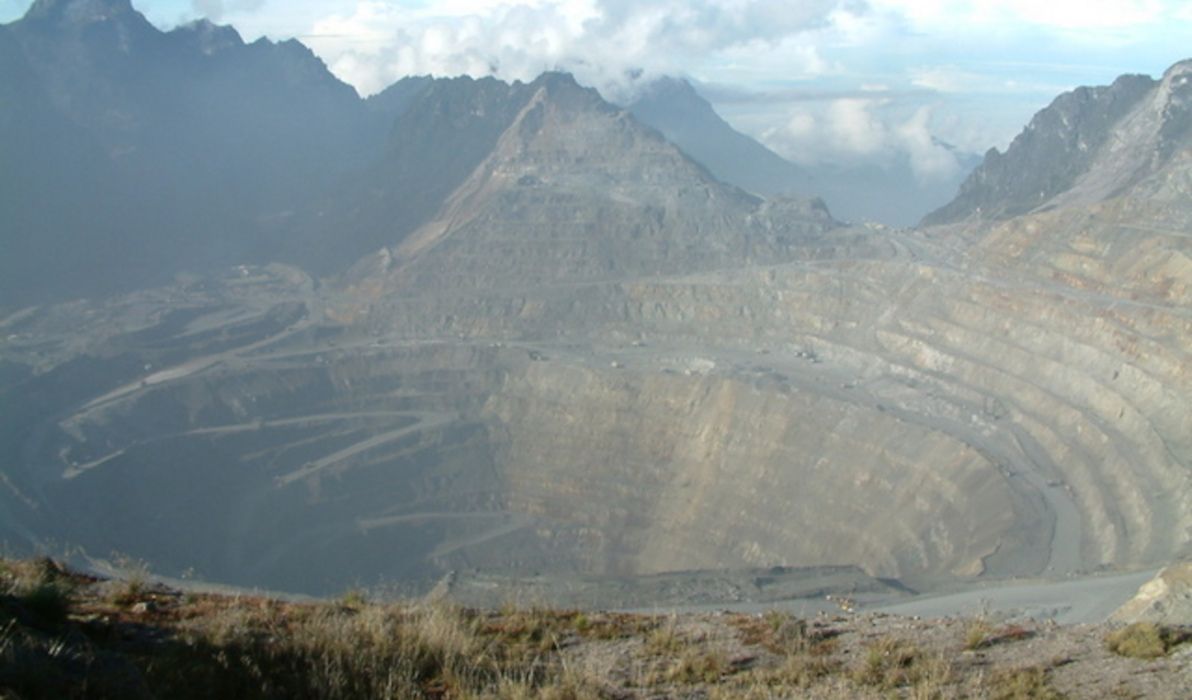
Image source: Wikimedia Commons
Anyway, Grasberg is indeed big (it's the biggest mine in Indonesia), it's massively polluting, and it's extremely lucrative (both for US-based Freeport-McMoRan and for the Indonesian government).
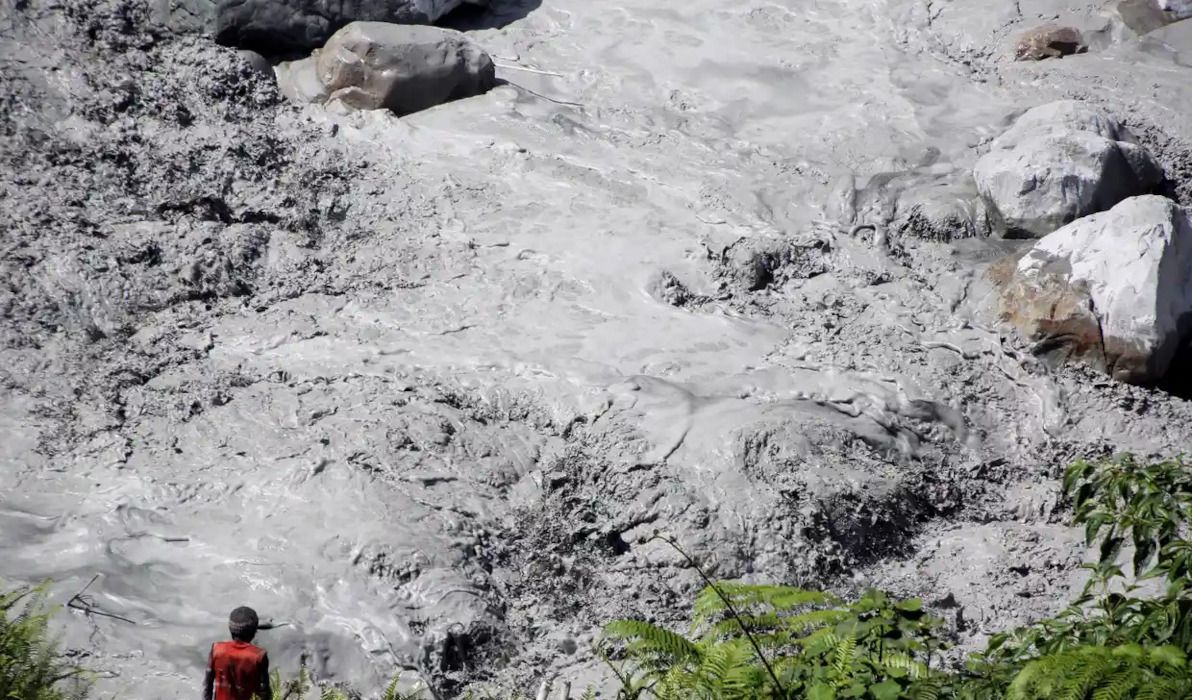
Image source: The Guardian
Grasberg is actually the second-biggest gold mine in the world, based on total reserves, but it's a close second. And it's the fifth-biggest gold mine in the world, based on production. It's the tenth-biggest copper mine in the world. And Freeport-McMoRan is the third-biggest copper mining company in the world. Exact rankings vary by source and by year, but Grasberg ranks near the top consistently.
I declare this claim to be very close to the truth.
Accessory to abuses
we've [Australia] done everything we can to help our mates [Indonesian National Military] beat the living Fak-Fak out of those indigenous folks
Exaggerated
Woah, woah, woah! Whaaa…?
Yes, Australia has supplied the Indonesian military and the Indonesian police with training and equipment over many years. And yes, some of those trained personnel have gone on to commit human rights abuses in West Papua. And yes, there are calls for Australia to cease all support for the Indonesian military.
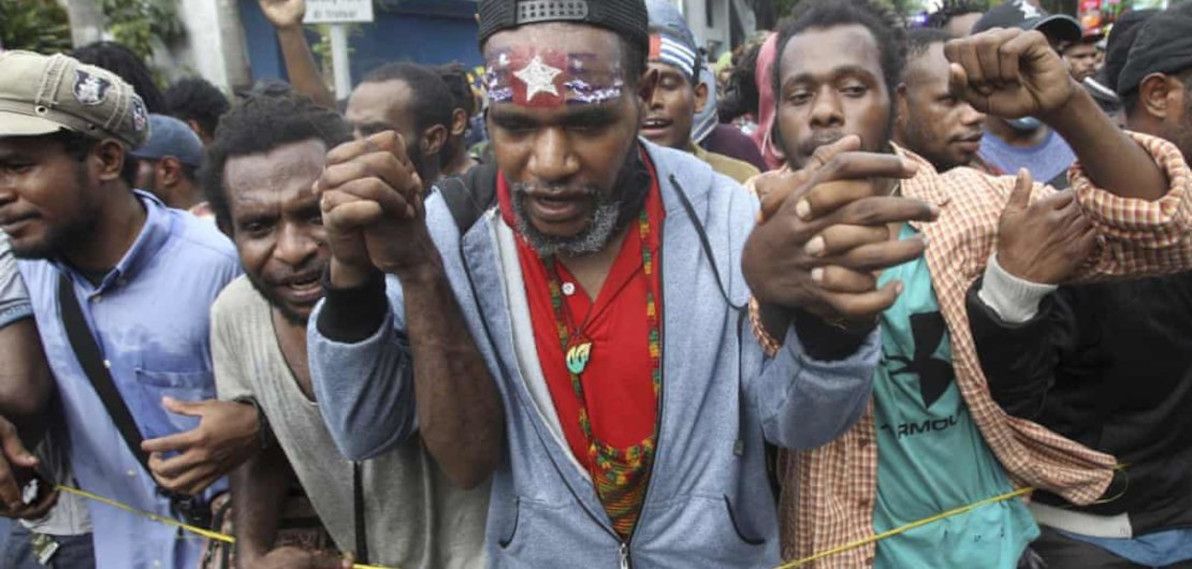
Image source: International Academics for West Papua
But. Are a significant number of Australian-trained Indonesian government personnel deployed in West Papua, compared with elsewhere in the vastness of Indonesia? We don't know (although it seems unlikely). Does Australia train Indonesian personnel in a manner that encourages violence towards civilians? No idea (but I should hope not). And does Australia have any control over what the Indonesian government does with the resources provided to it? Not really.
I agree that, considering the Indonesian military's track record of human rights abuses, it would probably be a good idea for Australia to stop resourcing it. The risk of Australia indirectly facilitating human rights abuses, in my opinion, outweighs the diplomatic and geopolitical benefits of neighbourly cooperation.
Nevertheless: Australia (as far as we know) has no boots on the ground in West Papua; (I have to reluctantly say that) Australia is not responsible for how the Indonesian military utilises the training and equipment that it has received; and there's insufficient evidence to link Australia's support of the Indonesian military to date, with goings-on in West Papua.
I declare this claim to be exaggerated.
Corporate plunder
so that our other mates [Rio Tinto, LG, BP, Freeport-McMoRan] can come in and start makin' the ching ching
Close enough
At the time that the video was made (2018), Rio Tinto owned a significant stake in the Grasberg mine, and it most certainly was "makin' the ching ching" from that stake. Although shortly after that, Rio Tinto sold all of its right to 40% of the mine's production, and is now completely divested of its interest in the enterprise. Rio Tinto is a British-Australian company, and is most definitely one of the Australian government's mates.
Freeport-McMoRan has, of course, been Grasberg's principal owner and operator for most of the mine's history, as well as the principal entity that has been raking in on the mine's insane profits. The company has some business ventures in Australia, although its ties with the Australian economy, and therefore with the Australian government, appear to be quite modest.
BP is the main owner of the Tangguh gas field, which is probably the second-largest and second-most-lucrative (and second-most-polluting!) industrial enterprise in West Papua. BP is of course a British company, but it has a significant presence in Australia. LG appears to also be involved in Tangguh. LG is a Korean company, and it has modest ties to the Australian economy.
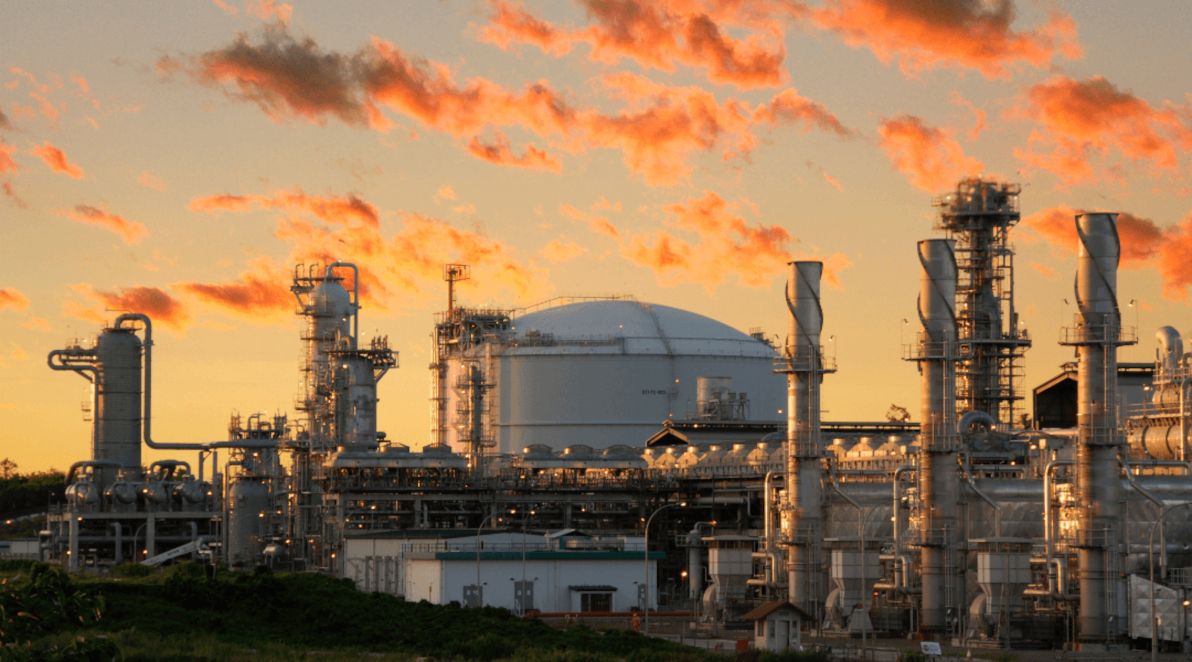
Image source: KBR
So, all of these companies could be considered "mates" of the Australian government (some more so than others). And all of them are, or until recently were, "makin' the ching ching" in West Papua.
I declare this claim to be very close to the truth.
Stopping independence
Remember when two Papuans [Clemens Runaweri and Willem Zonggonau] tried to flee to the UN to expose this bulls***? We [Australia] prevented them from ever getting there, by detaining them on Manus Island
Checks out
Well, no, I don't remember it, because – apart from the fact that it happened long before I was born – it's an incident that has scarcely ever been covered by the media (much like the lack of media coverage of West Papua in general). Nevertheless, it did happen, and it is documented:
In May 1969, two young West Papuan leaders named Clemens Runaweri and Willem Zonggonau attempted to board a plane in Port Moresby for New York so that they could sound the alarm at UN headquarters. At the request of the Indonesian government, Australian authorities detained them on Manus Island when their plane stopped to refuel, ensuring that West Papuan voices were silenced.
Source: ABC Radio National
After being briefly detained, the two men lived the rest of their lives in exile in Papua New Guinea. Zonggonau died in Sydney in 2006, where he and Runaweri were visiting, still campaigning to free their homeland until the end. Runaweri died in Port Moresby in 2011.
Interestingly, it also turns out that the detaining of these men, along with several hundred other West Papuans, in the late 1960s, was the little-known beginning of Australia's now-infamous use of Manus Island as a place to let refugees rot indefinitely.
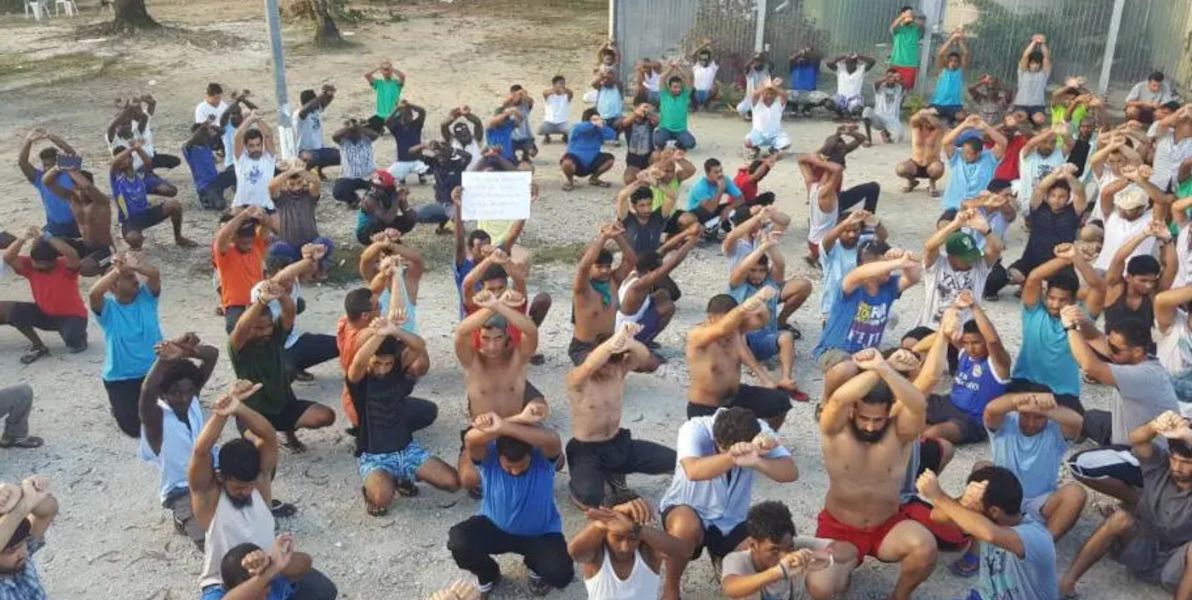
Image source: The New York Times
I declare this claim to be 100% correct.
Training hitmen
We [Australia] helped train [at the Indonesia-Australia Defence Alumni Association (IKAHAN)] and arm those heroes [the hitmen who assassinated the Papuans' leader Theys Eluay in 2001]
Exaggerated
Theys Eluay was indeed the chairman of the Papua Presidium Council – he was even described as "Papua's would-be first president" – and his death in 2001 was indeed widely attributed to the Indonesian military.
There's no conclusive evidence that the soldiers who were found guilty of Eluay's murder (who were part of Kopassus, the Indonesian special forces), received any training from Australia. However, Australia has provided training to Kopassus over many years, including during the 1980s and 1990s. This co-operation has continued into more recent times, during which claims have been made that Kopassus is responsible for ongoing human rights abuses in Papua.
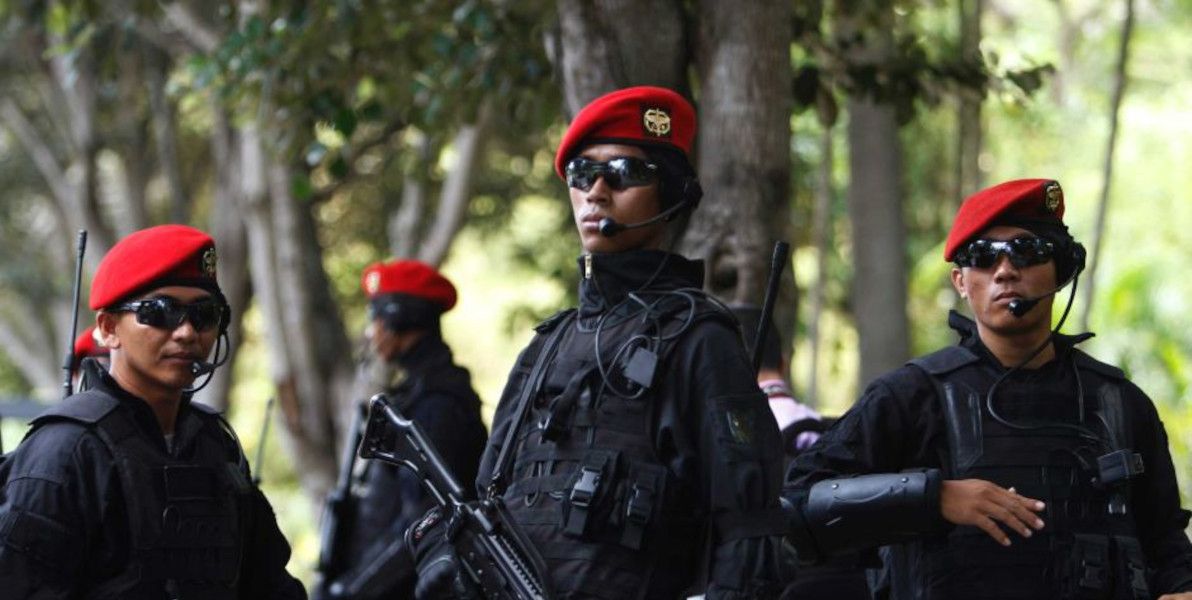
Image source: ABC
I don't know why IKAHAN was mentioned together with the 2001 murder of Eluay, because it wasn't founded until 2011, so one couldn't possibly have anything to do with the other. It's possible that Eluay's killers received Australian-backed training elsewhere, but not there. Similarly, it's possible that training undertaken at IKAHAN has contributed to other shameful incidents in West Papua, but not that one. Mentioning IKAHAN does nothing except conflate the facts.
In any case, I repeat, (I have to reluctantly say that) Australia is not responsible for how the Indonesian military utilises the training and equipment that it has received; and there's insufficient evidence to link Australia's support of the Indonesian military to date, with goings-on in West Papua.
I declare this claim to be exaggerated.
Shipments from Cairns
which [Grasberg mine] is serviced by massive shipments from Cairns. Cairns! The Aussie town supplying West Papua's Death Star with all its operational needs
"Citations needed"
This claim really came at me out of left field. So much so, that it was the main impetus for me penning this article as a fact check. Can it be true? Is the laid-back tourist town of Cairns really the source of regular shipments of supplies, to the industrial hellhole that is Grasberg?
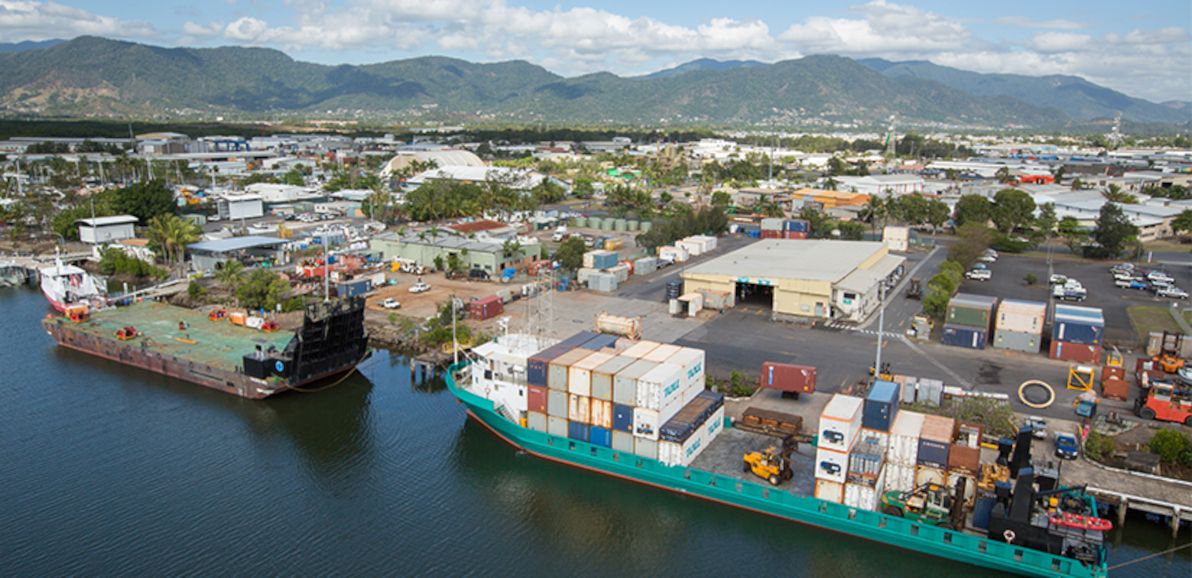
Image source: Bulk Handling Review
I honestly don't know how TJM got their hands on this bit of intel, because there's barely any mention of it in any media, mainstream or otherwise. Clearly, this was an arrangement that all involved parties made a concerted effort to keep under the radar for many years.
In any case, yes, it appears to be true. Or, at least, it was true at the time that the video was published, and it had been true for about 45 years, up until that time. Then, in 2019, the shipping, and Freeport-McMoRan's presence in town, apparently disappeared from Cairns, presumably replaced by alternative logistics based in Indonesia (and presumably due to the Indonesian government having negotiated to make itself the majority owner of Grasberg shortly before that).
It makes sense logistically. Cairns is one of the closest fully-equipped ports to Grasberg, only slightly further away than Darwin. Much closer than Jakarta or any of the other big ports in the Indonesian heartland. And I can imagine that, for various economic and political reasons, it may well have been easier to supply Grasberg primarily from Australia rather than from elsewhere within Indonesia.
I would consider that this claim fully checks out, if I could find more sources to corroborate it. However, there's virtually no word of it in any mainstream media; and the sources that do mention it are old and of uncertain reliability.
I declare this claim to be "citations needed".
Verdict
Australia is proud to continue its fine tradition of complicity in West Papua
Exaggerated
In conclusion, I declare that the video "Honest Government Ad: Visit West Papua", on the whole, checks out. In particular, its allegation of the Australian government being economically complicit in the large-scale corporate plunder and environmental devastation of West Papua – by way of it having significant ties with many of the multinational companies operating there – is spot-on.
But. Regarding the Australian government being militarily complicit in human rights abuses in West Papua, I consider that to be a stronger allegation than is warranted. Providing training and equipment to the Indonesian military, and then turning a blind eye to the Indonesian military's actions, is deplorable, to be sure. Australia being apathetic towards human rights abuses, would be a valid allegation.
To be "complicit", in my opinion, there would have to be Australian personnel on the ground, actively committing abuses alongside Indonesian personnel, or actively aiding and abetting such abuses.
Don't get me wrong, I most certainly am not defending Australia as the patron saint of West Papua, and I'm not absolving Australia of any and all responsibility towards human rights abuses in West Papua. I'm just saying that TJM got a bit carried away with the level of blame they apportioned to Australia on that front.
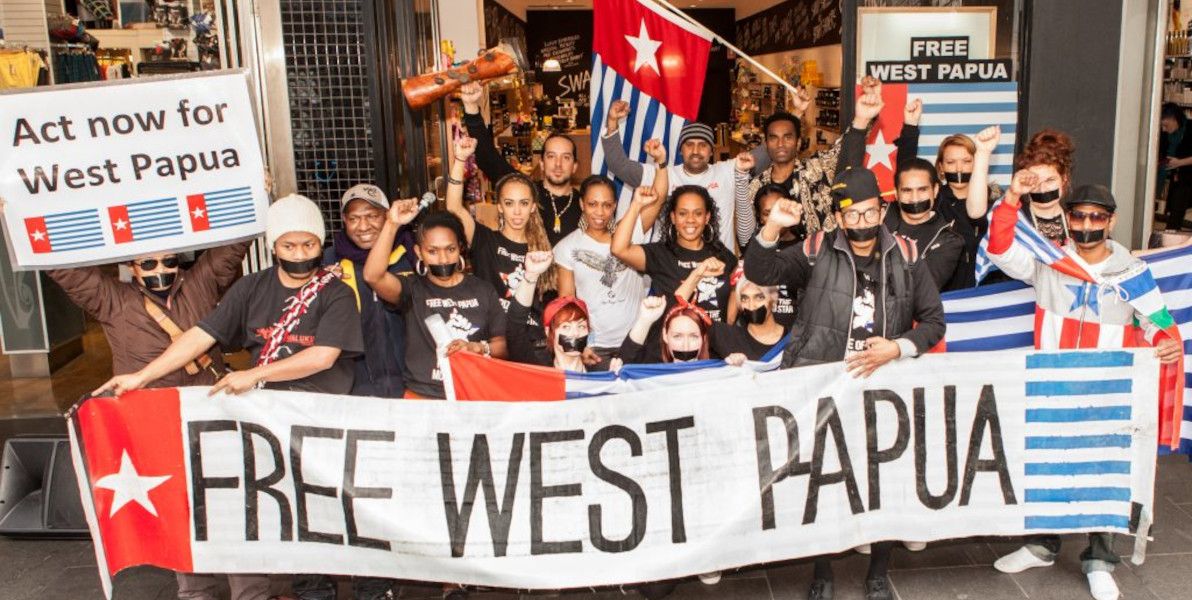
Image source: new mandala
Also, bear in mind that the only reason I'm "going soft" on Australia here, is due to a lack of evidence of Australia's direct involvement militarily in West Papua. It's quite possible that there is indeed a more direct involvement, but that all evidence of it has been suppressed, both by Indonesia and by Australia.
And hey, I'm trying to play devil's advocate in this here article, which means that I'm giving TJM more of a grilling than I otherwise would, were I to simply preach my unadulterated opinion.
I'd like to wholeheartedly thank TJM for producing this video (along with all their other videos). Despite me giving them a hard time here, the video is – as TJM themselves tongue-in-cheek say – "surprisingly honest!". It educated me immensely, and I hope it educates many more folks just as immensely, as to the lamentable goings-on, right on Australia's doorstep, about which we Aussies (not to mention the rest of the world) hear unacceptably little.
The Australian government is, at the very least, one of those responsible for maintaining the status quo in West Papua. And "business as usual" over there clearly includes a generous dollop of atrocities.